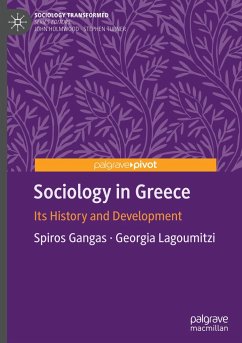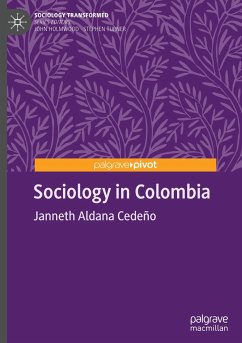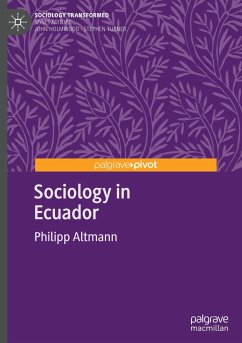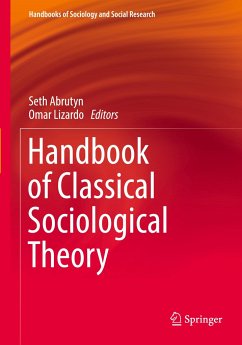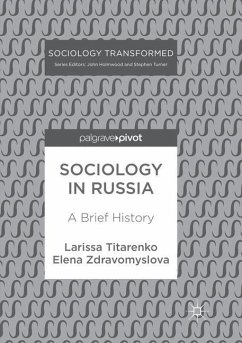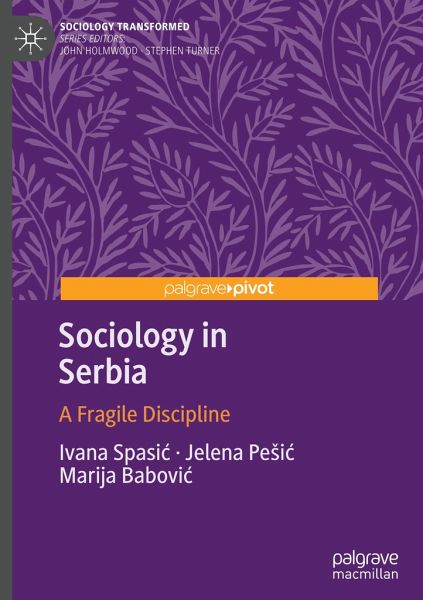
Sociology in Serbia
A Fragile Discipline

PAYBACK Punkte
17 °P sammeln!
This book represents the first comprehensive century-long history of the disciplinary development of sociology in Serbia in English. It provides an overview of the constitution of sociology as an academic discipline during the interwar period, its reinstitutionalization after World War II in entirely new social circumstances marked by establishment of self-management socialism in Yugoslavia, and finally its development during the turbulent postsocialist period. Divided into five chapters, the focus of the book is on the challenges that sociology has faced in order to maintain its institutional...
This book represents the first comprehensive century-long history of the disciplinary development of sociology in Serbia in English. It provides an overview of the constitution of sociology as an academic discipline during the interwar period, its reinstitutionalization after World War II in entirely new social circumstances marked by establishment of self-management socialism in Yugoslavia, and finally its development during the turbulent postsocialist period. Divided into five chapters, the focus of the book is on the challenges that sociology has faced in order to maintain its institutional position, gain adequate social recognition, and preserve its professional autonomy. Relying on Bourdieu's concept of the academic field and Burawoy's typology of Professional, Critical, Public and Policy sociology, the book seeks to answer the question of how the sociological academic field in Serbia has been constituted, structured and restructured, and in which of these roles sociology hasdominantly appeared in different phases of its evolution.



